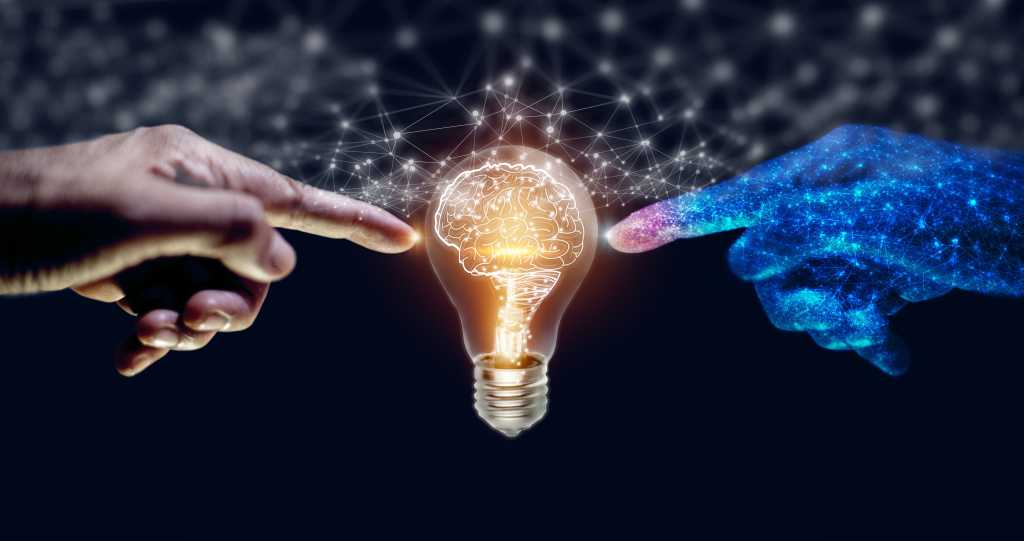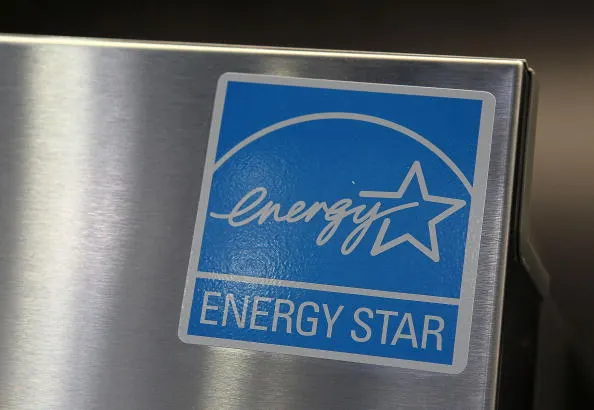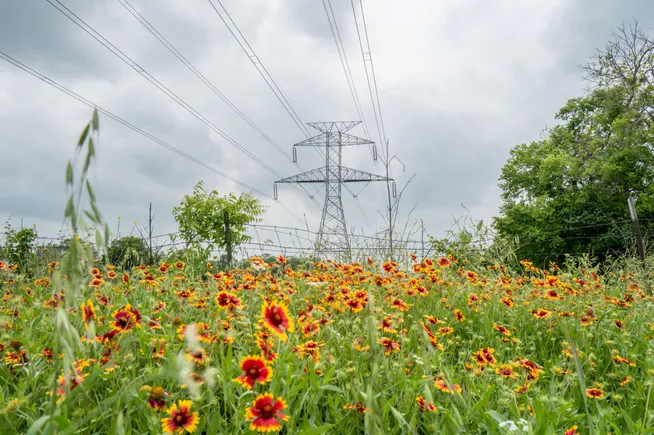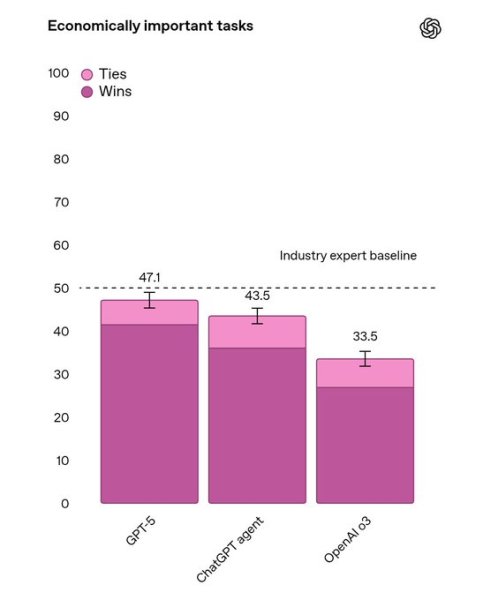This is today’s edition of The Download, our weekday newsletter that provides a daily dose of what’s going on in the world of technology.
Five ways that AI is learning to improve itself
Last week, Mark Zuckerberg declared that Meta aims to achieve smarter-than-human AI. He seems to have a recipe for achieving that goal, and the first ingredient is human talent: Zuckerberg has reportedly tried to lure top researchers to Meta Superintelligence Labs with nine-figure offers.
The second ingredient is AI itself. Zuckerberg recently said on an earnings call that Meta will focus on building self-improving AI—systems that can bootstrap themselves to higher and higher levels of performance. He hopes to tap into a very real trend. Here are five ways that AI is already making itself better.
—Grace Huckins
The greenhouse gases we’re not accounting for
Back in 2021, climate scientists noticed that levels of methane had soared in the atmosphere the previous year, rising at the fastest rate on record despite the global covid-19 lockdowns.
Researchers eventually spotted a clear pattern: Methane emissions had increased sharply across the tropics, where wetlands were growing wetter and warmer.
The findings offer one of the clearest cases so far where climate change itself is driving additional greenhouse-gas emissions from natural systems, triggering a feedback effect that threatens to produce more warming, more emissions, and on and on.
There’s now a major endeavor underway to better track and understand what’s going on. Read our story about it.
—James Temple
This article is from The Spark, MIT Technology Review’s weekly climate newsletter. To receive it in your inbox every Wednesday, sign up here.
The must-reads
I’ve combed the internet to find you today’s most fun/important/scary/fascinating stories about technology.
1 The Trump administration’s punishing new tariffs have come into effect
And prices are already climbing. (NYT $)
+ Economists fear the US economy is poised to shrink. (WP $)
+ Sweeping tariffs could threaten the US manufacturing rebound. (MIT Technology Review)
2 Sections of the US Constitution have been deleted online
Passages about Congress’ powers and citizens’ unlawful detention have been scrubbed from the US government’s website. (TechCrunch)
+ The Library of Congress blamed a coding error. (Ars Technica)
3 China is fighting a mosquito-borne virus
It’s deploying drones to search for standing water where the insects lay eggs. (AP News)
+ Chikungunya virus is rarely fatal, but can cause fever and joint pain. (CNN)
+ Authorities are taking a leaf out of their covid-fighting playbooks. (NYT $)
4 US federal agencies will have access to ChatGPT Enterprise
For the grand sum of $1 a year. (Ars Technica)
+ It won’t use workers’ data to train ChatGPT, apparently. (Bloomberg $)
+ The news comes after major AI firms were greenlit as federal vendors. (Engadget)
5 Chinese drug discovery startups are striking deals with Big Pharma
Western pharmaceutical giants are confident they can deliver. (Rest of World)
+ An AI-driven “factory of drugs” claims to have hit a big milestone. (MIT Technology Review)
6 Is it possible to build truly green AI data centers?
The tech industry appears pretty hooked on fossil fuels. (FT $)
+ We did the math on AI’s energy footprint. Here’s the story you haven’t heard. (MIT Technology Review)
7 The US is increasingly reliant on private companies for weather data
Experts are wary about losing access to vital tools. (Undark)
+ How US research cuts are threatening crucial climate data. (MIT Technology Review)
8 Genetic factors could contribute to the risk of developing chronic fatigue syndrome
It’s the first robust evidence that genetics play a role. (New Scientist $)
9 An experimental pill is showing weight-loss promise
Obese participants in Eli Lilly’s trial lost more than 12% of their body weight. (Wired $)
+ We’re learning more about what weight-loss drugs do to the body. (MIT Technology Review)
10 Finding a job online is a nightmare
Some companies are going back to basics to find the best recruits. (WSJ $)
Quote of the day
“We didn’t vote for ChatGPT.”
—Virginia Dignum, a professor of responsible artificial intelligence at Sweden’s Umeå University, criticizes the country’s prime minister, Ulf Kristersson for admitting he regularly consults AI tools, the Guardian reports.
One more thing
Why AI could eat quantum computing’s lunch
Tech companies have been funneling billions of dollars into quantum computers for years. The hope is that they’ll be a game changer for fields as diverse as finance, drug discovery, and logistics.
But while the field struggles with the realities of tricky quantum hardware, another challenger is making headway in some of these most promising use cases. AI is now being applied to fundamental physics, chemistry, and materials science in a way that suggests quantum computing’s purported home turf might not be so safe after all. Read the full story.
—Edd Gent





















